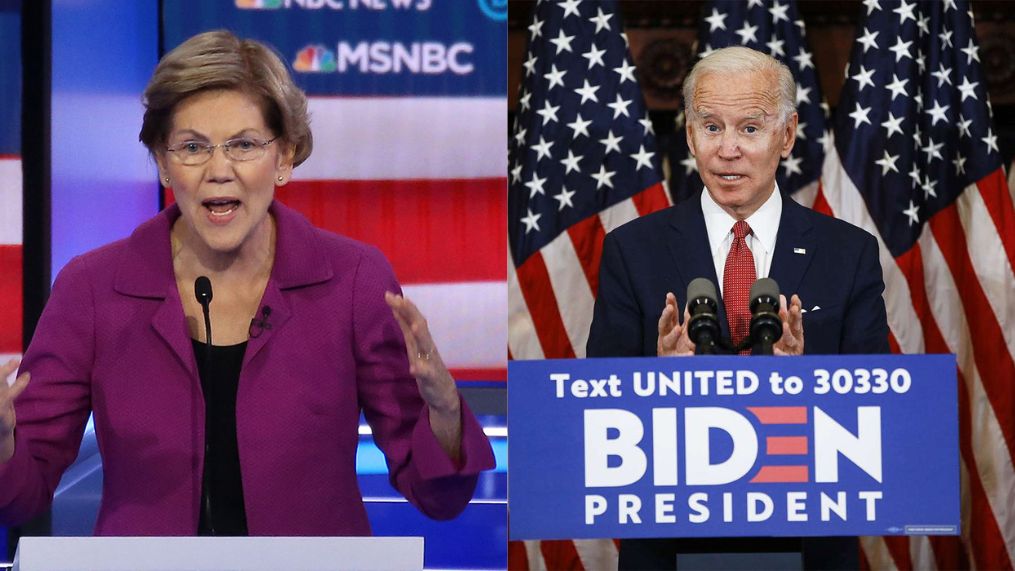U.S. Senator Elizabeth Warren recently urged the Treasury Department to accelerate the implementation of reforms proposed by the Treasury Advisory Committee on Racial Equity (TACRE), established in December 2022.
In a letter addressed to Treasury Secretary Janet Yellen on May 9, Warren expressed concern over the sluggish progress in enacting the committee’s recommendations, particularly those aimed at addressing racial discrimination prevalent in the U.S. tax and banking systems, including reforms to the IRS audit process.
Appointed by Yellen, the TACRE comprises 24 experts tasked with examining economic factors contributing to adverse conditions faced by Black, Latino, and Native American communities.
Despite generating over 40 recommendations, the pace of change has been sluggish, prompting Warren to call for swift action to uplift communities facing barriers to financial equity and security.
Highlighting the urgency, Warren emphasized the need for the Treasury to expedite the implementation of TACRE’s proposals. She expressed concern that many recommendations were languishing without action.

The Treasury highlighted positive trends in Black and Latino unemployment rates and household wealth, attributing these improvements to policies prioritizing equity in economic recovery efforts.
However, concerns linger among committee members like Dorothy Brown, a tax lawyer and law professor, who worry that the Treasury’s response has been tepid, viewing the committee’s efforts as merely symbolic.
Warren’s call for action coincides with President Joe Biden‘s efforts to rally support in communities of color ahead of the upcoming presidential election.
Amid scrutiny and challenges from Republican senators regarding the committee’s creation, the urgency to address racial disparities remains paramount.
As part of her initiative, Warren requested a briefing from the Treasury by May 23 on the timeline for implementing remaining proposals, including IRS audit reforms and outreach strategies to ensure equitable access to tax credits and green energy incentives for underserved communities.




